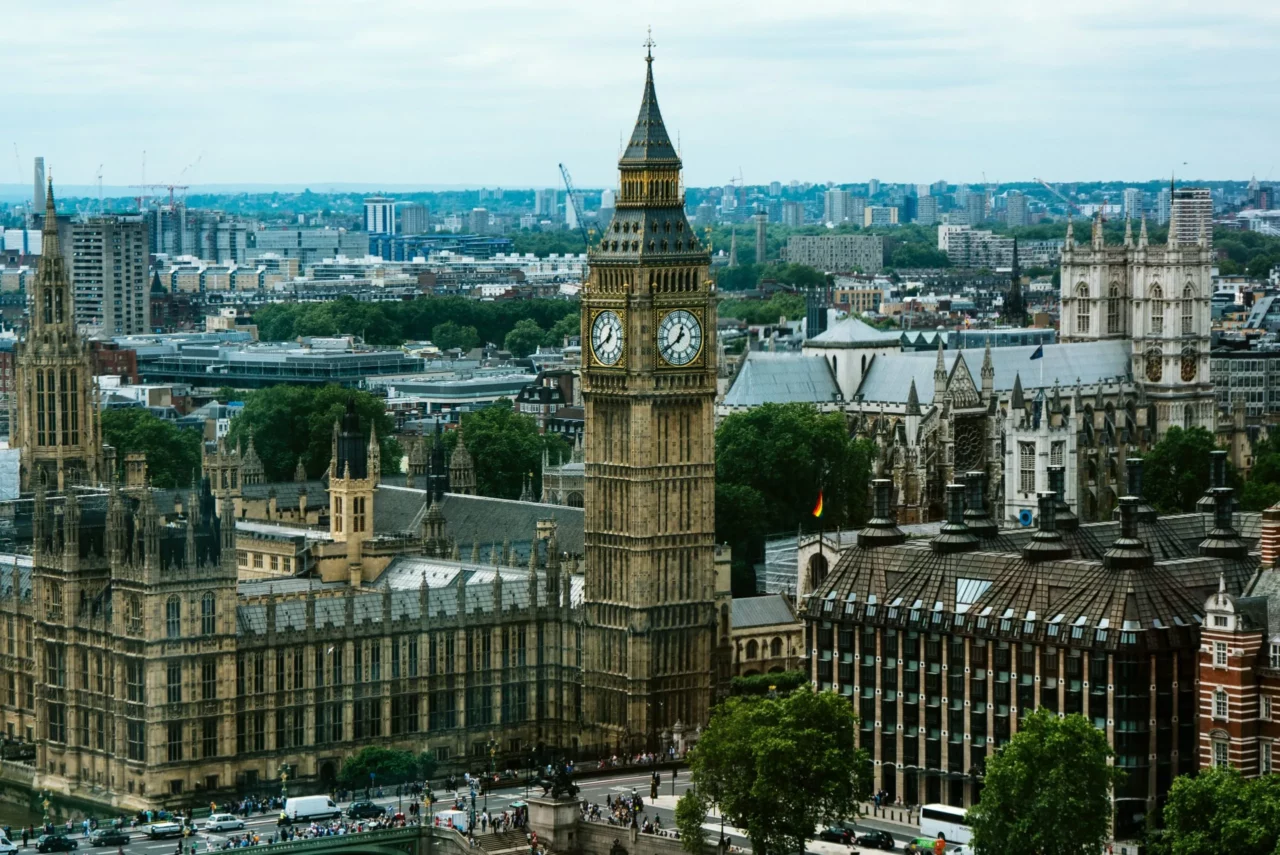Role models, for…
It is certainly positive to have more role models in British politics from diverse ethnic backgrounds. It may well be that the presence in cabinet of Rishi Sunak, Priti Patel, Alok Sharma, Kwasi Kwarteng and Sajid Javid have given confidence to others in the party that there is a welcome for them at the top table. And given that people from minoritised ethnic backgrounds are least likely to belong to political parties, being able to see diversity in the leadership could be a catalyst to greater engagement.
But just how identifiable are these role models and how do their values and policy ideas speak to the needs of Britons from Black, Asian and minority ethnic communities?
These shining stars of the Tory party are a minority within a minority. Rishi Sunak is not the British-Asian everyman. With a middle-class upbringing, an elite establishment education and a huge personal fortune he has accumulated the markers of success that smooth entry into a white British political elite. Nadim Zahawi and Sajid Javid have similar stories. This level of conspicuous success can help individuals from minoritized backgrounds overcome barriers to progression that remain very real barriers for those who haven’t achieved these successes. A wealthy, educated white British politician can find common ground with a wealthy, educated British Asian politician over the increasing cost of school fees, the volatility of the stock market, foreign holidays and university experiences. This provides a basis for relationship and, in such a highly networked system as politics, advancement.
Focusing on the things we have in common, rather than the things that separate us is a natural tendency, and an important one for creating cohesive groups. But, with Black and brown Britons twice as likely to live in poverty as their white counterparts, and half as likely to go to an elite University the opportunity to use education and personal wealth for career advancement in a society struggling with racism and prejudice is not open to all.
Inclusive leaders
All of the candidates are keen to get personal, sharing stories of migration to the UK (theirs or their parents) many of which have required great sacrifice. Given this conscious alignment of personal brand with immigrant origin stories it is natural to expect policy ideas that enable migrant and marginalised communities to thrive. However, it is not clear whether any of the candidates could be described as a champion for diversity in modern Britain. On issues where minoritised groups are disproportionately affected we have candidates doubling down on manufactured ‘culture wars’3 , rejecting the concept of structural racism, supporting the deportation of migrants with legal claims to asylum, promising to squeeze public services whilst failing to tackle corporate excess and refusing to uphold the UK’s climate promises. It is beyond the scope of this article to dive deeply into the impact of these policy ideas on minoritized groups. However, in the wake of the covid pandemic and a cost-of-living crisis both of which are affecting people from minority ethnic groups in uniquely challenging ways, the approach of this group of would-be leaders has a ‘business as usual’ feel, which is unlikely to produce significant change for those who need it most.
As Gary Younge wrote when Sajid Javid become home secretary in 2018: “The point is not to change the identities of the people operating that system, but to dismantle it and build something fairer. When diversity is about a system looking different but acting the same, it serves not the excluded but the system.”
It would be naive to expect radical shift in policy ideas towards a more inclusive political leadership or significant diversity of thought simply because a new leader is Black or brown. It is not surprising that those in the upper echelons of our political classes have similar views, regardless of their skin colour. We adapt our behaviours and attitudes to be in sync with the prevailing values and norms of those we surround ourselves with, sticking to the rules of the clubs we wish to join. Diverse and inclusive leadership in politics is more than skin deep and despite the welcome ethnic diversity in this current cohort there is still space at the top for courageous, inclusive leaders.



